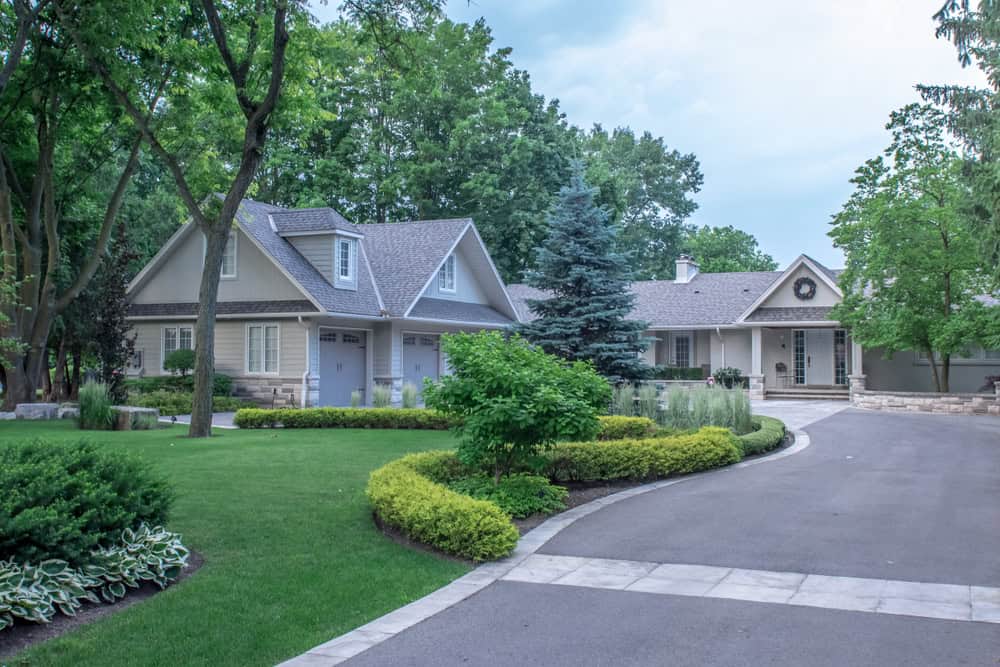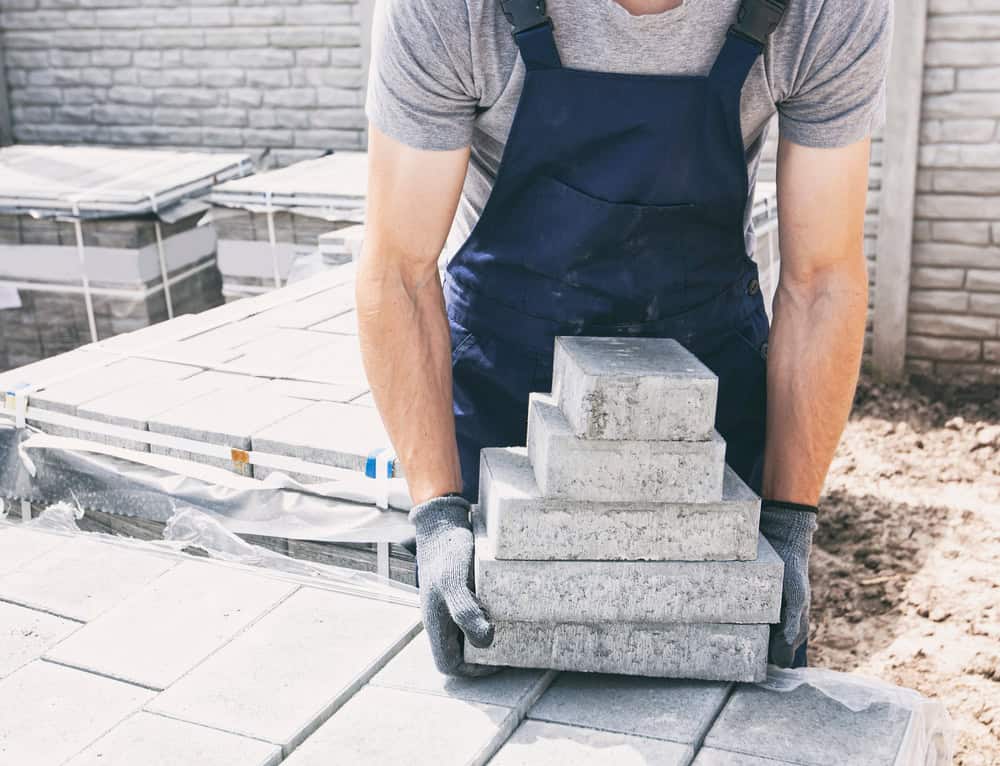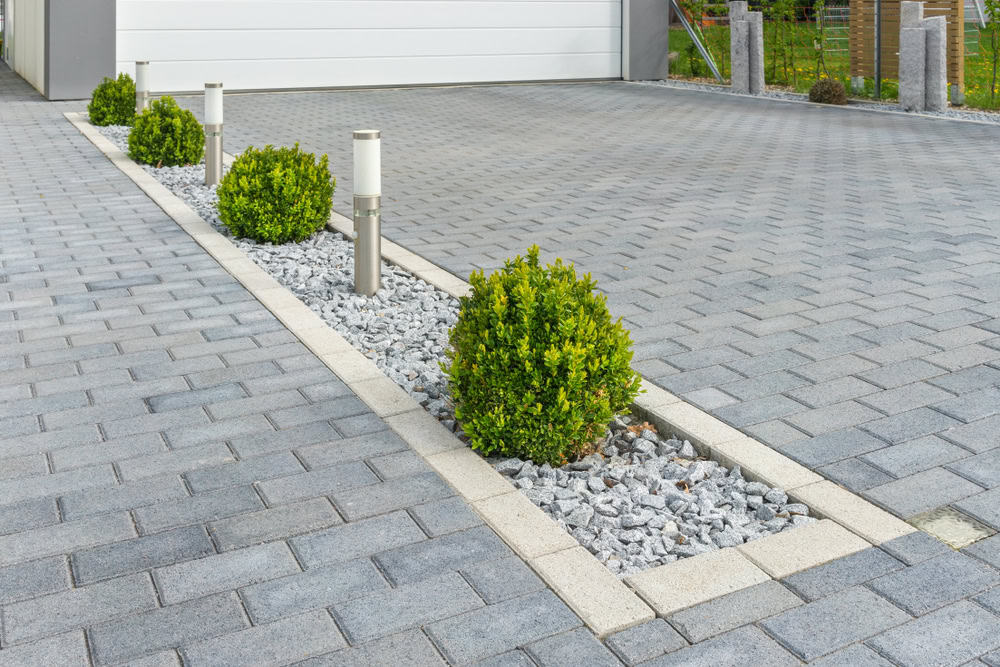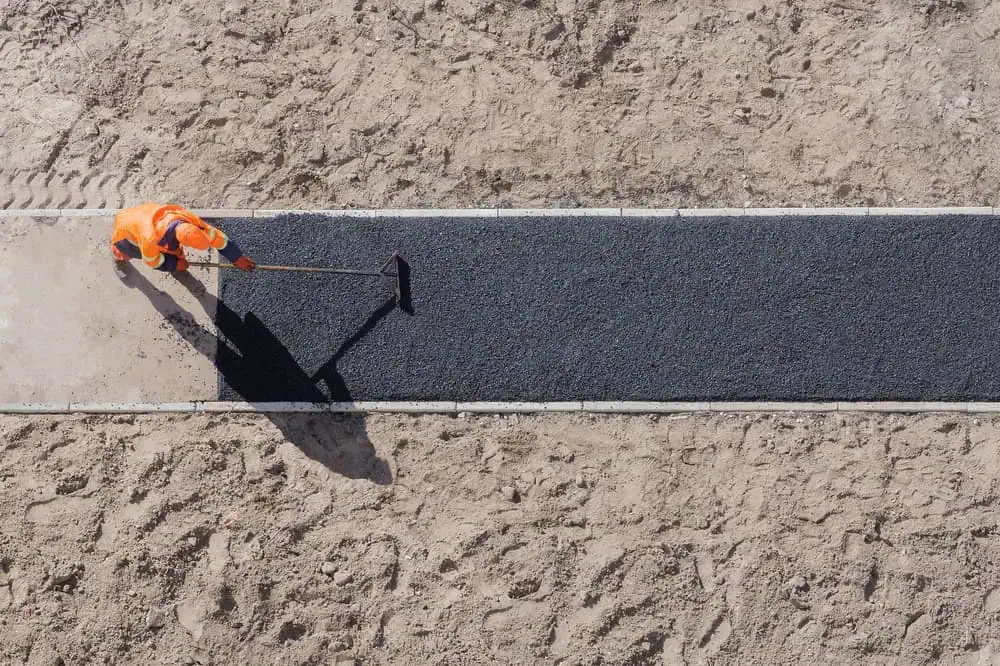Built right the first time, designed for New England weather, installed by Cambridge locals.


You know what you want. A driveway that doesn’t crack every winter. A patio where you can actually relax without worrying about shifting stones or puddles after every rain. Walkways that look as good in five years as they do today.
That’s what proper paver installation gets you. Not just another surface, but a foundation that works with Cambridge’s climate instead of fighting it. When the base is built right and the materials are chosen for our freeze-thaw cycles, your pavers stay level, drain properly, and keep looking sharp.
The difference shows up in year two, year five, and year ten. While your neighbors are dealing with cracks and repairs, you’re enjoying the space you invested in. That’s the point of doing it right from the start.
We’ve been installing pavers in Cambridge for years, and we’ve learned what works here. The soil conditions, the drainage challenges, the permit requirements – we know this area.
We’re not the crew that shows up with a truck from three towns over. We live here, work here, and our reputation is built on jobs that still look good years later. When you call us, you’re talking to people who understand Cambridge’s building requirements and weather patterns.
Every project we complete becomes part of our local portfolio. That matters when you’re making a significant investment in your property.

First, we assess your site and discuss what you want to achieve. We measure, check drainage, and identify any challenges before giving you a detailed estimate. No surprises later.
Next comes excavation and base preparation. This is where most problems start or get prevented. We dig to proper depth, install the right base materials, and ensure proper slope for drainage. The base determines how long your pavers last.
Then we install the pavers according to your chosen pattern, cut edges precisely, and add joint sand. Finally, we compact everything and clean up completely. You get a finished surface that’s ready to use and built to handle Cambridge winters.
The whole process typically takes 3-5 days depending on size and complexity. We keep you informed at each step.

Ready to get started?
Every paver installation includes proper excavation, engineered base preparation, and professional-grade materials. We use pavers rated for New England freeze-thaw cycles and install them with proper joint spacing and edge restraints.
You also get detailed site preparation including utility marking, permit assistance when needed, and complete cleanup. We handle the details like proper drainage slope, compaction testing, and final sealing if requested.
Each project comes with clear communication throughout the process. You know when we’re starting, what we’re doing each day, and when we’ll be finished. No guessing, no showing up whenever we feel like it.

Local Resources